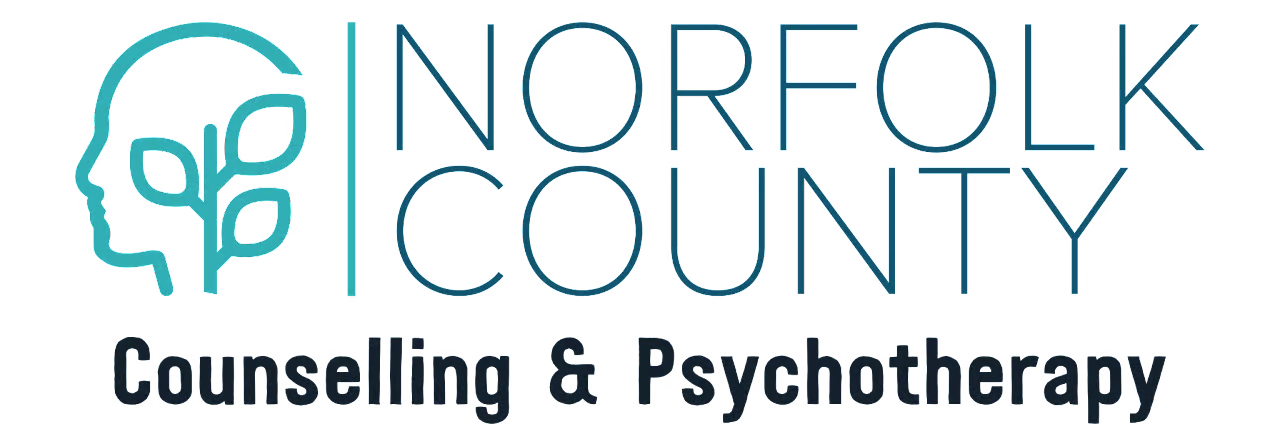Frequently Asked Questions
Norfolk County Counselling & Psychotherapy
Starting a new journey to healing can bring up a world of thoughts. Below we have complied some FAQ’s about our treatments and clinic.
About Our Clinic
How much will therapy cost me?
Each professional team member has their own rates and many provide a sliding rate scale to make their service accessible. Our current counselling and psychotherapy services range from $130.00 – $175.00 per session.
However, for those who are experiencing financial difficulty, we also provide affordable counselling with a suggested rate of $100 per session with our clinical interns, but lower rates can be negotiated based on need.
Do I need a referral?
No. Although you may be encouraged by your doctor to seek counselling or therapy, their referral is not required to book with us. You can just call, text, or book online.
Will anything be covered by my insurance?
Counselling and Psychotherapy
OHIP does not provide coverage for private therapy fees. Check with your insurance provider to see what coverage opportunities are available to you. For those with extended health care plan coverage, insurance receipts are available.
We are not responsible for fees not covered by your insurance.
Am I eligible for the NIHB program?
With a Status Card, you may be eligible for therapy paid for by the NIHB program.
If you are First Nation or Inuk, the Canadian government, through Indigenous Services Canada, may cover costs for up to 22 hours per year of mental health counselling through a program called NIHB (Non-Insured Health Benefits).
That means there could be relief in sight for anxiety, trauma, depression and other concerns.
You can access these benefits from an eligible provider.
As a mental health agency of registered social workers and psychotherapists, we have two practitioners that are enrolled in the program: Avril Ferguson (Registered Psychotherapist) and Sarah Sibany (Registered Social Worker Psychotherapist)
What forms of payment do you accept?
Cash, E-transfer, or Credit
Our admin team will provide instructions on payment prior to your first session. A credit card is required for online booking however you can pay by other methods.
What is your cancellation policy?
24 hours notice please
24 hours notice is required to cancel or reschedule your appointment. If the proper notice is not given or you do not attend your scheduled appointment, the full fee will be charged. We prefer that you please contact your therapist or our client care coordinator by email if you need to cancel/reschedule. Email addresses can be found on the contact us page.
How do I schedule my first appointment?
If you are new to our practice you can fill out our contact us form and our Client Care Coordinator will reach out to you to book an appointment. We offer free 15 minute consultations or you are welcome to move directly into your first intake appointment (this is a paid appointment). Alternatively, you are welcome to follow this link and book directly with the therapist of your choosing via our secure platform, Jane.
About Psychotherapy
What is Psychotherapy?
Psychotherapy, or therapy, is a way to help people with a broad variety of mental illnesses and emotional difficulties. Psychotherapy can help eliminate or control troubling symptoms so a person can improve function better and increase well-being and healing.
Problems helped by psychotherapy include difficulties in coping with daily life; the impact of trauma, medical illness or loss, grief, and specific mental disorders, like depression or anxiety. There are several different types of psychotherapy, and some types may work better with certain problems or issues.
Does psychotherapy work?
Research shows that most people who receive psychotherapy experience symptom relief and are better able to function in their lives. Most who receive psychotherapy benefit from it. Psychotherapy has been shown to improve emotions and behaviours and to be linked with positive changes in the brain and body. The benefits also include fewer sick days, less disability, fewer medical problems, and increased work satisfaction.
What do therapy sessions look like?
Therapy may be conducted in an individual, family, couple, or group setting, and can help both children and adults. The frequency of sessions can be determined by you and your therapist. Both client and therapist need to be actively involved in psychotherapy. The trust and relationship between a person and his/her therapist is essential to working together effectively and benefiting from psychotherapy. Confidentiality and the therapist client relationship are the foundation for successful psychotherapy.
Psychotherapy can be short-term (a few sessions), dealing with immediate issues, or long-term (months or years), dealing with longstanding and complex issues. Typically, sessions are an hour long and booked weekly, bi-weekly, or monthly. The goals of treatment and arrangements for how often and how long to meet are planned jointly by the client and therapist.
What is the difference between a psychologist, social worker, psychotherapist, counsellor, or coach?
Psychotherapists, social workers and psychologists are licensed mental health professionals. Although some counsellors have education and training in mental health, the terms “counsellor” and “coach” are not protected and not governed by a control board or license. In Canada, psychologists have earned a doctoral degree. The terms “therapist” and “counsellor” are used somewhat interchangeably, but generally therapists offer longer-term, mental health care, while counsellors offer shorter-term care that may focus on one domain.
What type of therapy is right for me?
The type of therapy best suited to a particular individual depends on several factors, including their primary reason for seeking therapy, their preferred timeline (some therapy types last for a set number of sessions, while others are open-ended), and their personality and preferences—some may prefer a more structured approach. For many individuals, multiple types of therapy could provide a good fit.
Is online therapy cheaper than in-person therapy?
Many therapists charge the same amount for online therapy as they do for in-person therapy—though clients may still find this cost-effective if it cuts down on their transportation costs. Health insurance plans often offer equivalent coverage for online and in-person therapy; indeed, in many places, they are legally required to do so. Text-based or on-demand therapy apps may be cheaper than traditional one-on-one psychotherapy; however, the practice may be less effective and is not likely to be covered by insurance.

